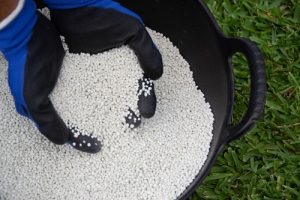A lush, green lawn not only enhances your home’s appearance but also provides a welcoming atmosphere. Achieving this ideal lawn involves proper care, with fertilizing being a key component. This guide offers insights into the types of fertilizers available and tips for cultivating healthy, vibrant grass.
Why Fertilize Your Lawn?
Choosing the Right Fertilizer
Next, selecting the appropriate fertilizer depends on several factors, including your geographical location, the type of grass, and the time of year. Understanding these elements will help you choose the most suitable fertilizer for your lawn’s specific needs.
